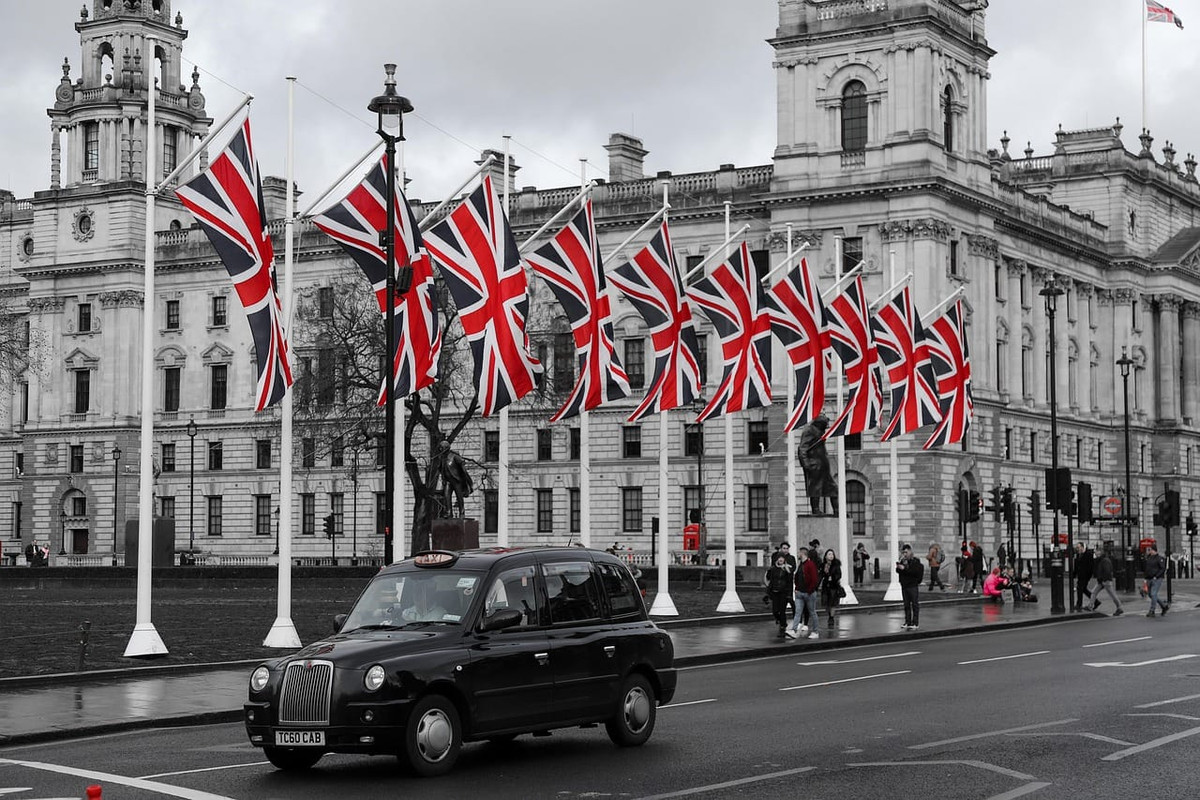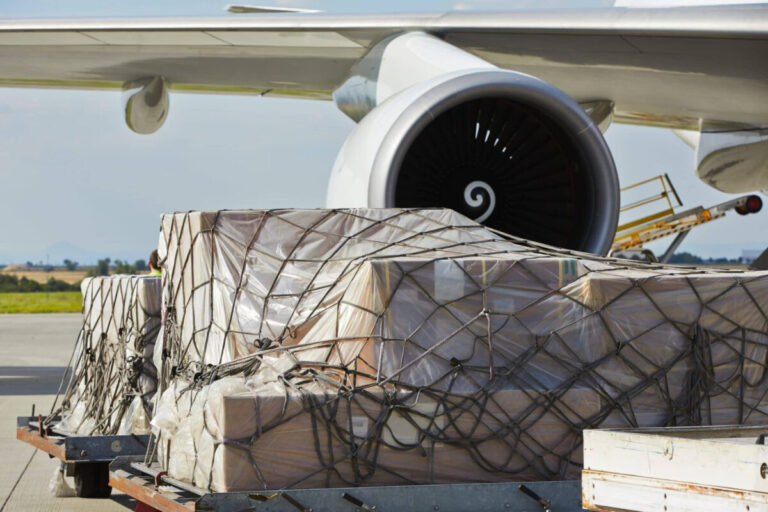A month has passed and the dust is still settling on the results of the US presidential elections, with Republican candidate Donald Trump winning for the second time, becoming the forty-seventh president of the United States.
As the transition period begins, questions remain about how Trump’s second term in the Oval Office might shape global trade in the coming months and years.
During his election campaign, Trump pledged to impose tariffs of up to 20% on imports from overseas countries, including the UK, and much higher duties on the BRICS countries.
In principle, this promise was intended to protect manufacturing in the United States, as well as to encourage American consumers to buy domestic products rather than choose imported goods.
The US remains the UK’s largest export market, with official data showing that UK exports to the US totaled £188.2 billion in the four quarters leading up to the end of Q2 2024. Of all these exports, 31.3 per cent were from Goods and 68.7 percent of services. .
Speaking about how UK exporters could be affected by the implementation of tariffs, if implemented, Omar Butt, CEO of the UK and Europe at global logistics company Aramex, explained the current situation and potential challenges ahead.
Omar said: “There is certainly a lot to unpack in terms of what these tariffs could mean for businesses. For UK businesses, imposing tariffs would force them to either absorb costs, squeeze profit margins, or pass them on to consumers. This could reduce demand for goods from industries that normally export large quantities from the UK, such as cars, medicines and machinery.
“From a shipping perspective, concerns over new tariffs are also likely to significantly increase front-loading at US ports again, with reports that retailers and manufacturers are already actively loading imports in anticipation.
“This may lead to congestion at major ports, causing delays in offloading, and the increase in shipments may also increase shipping costs, making it more expensive for UK companies to deliver their goods to the US. We therefore urge exporters to work closely with their partners Logisticians in the coming weeks and months to minimize the impact of any potential tariff-related disruptions should they be implemented because what may seem like the most efficient course of action could ultimately lead to higher costs in the future.
With the possibility of tariffs being imposed, US-UK trade talks could be boosted on the political agenda. The UK is therefore likely to face a choice between negotiating a deal with the US to mitigate the impact of tariffs on British goods or joining its European allies.
While this represents some optimism for UK business, there is a risk that the UK could be caught in the crossfire, as any tariffs imposed by the US could still be met with similar retaliatory measures.
During his first term, Trump used the threat of tariffs as a negotiating tactic, eventually softening his position to eventually secure an agreement. However, it imposed tariffs on the EU, which had some implications for UK exporters.
However, the impact was not as severe as many expected. UK exports to the US saw strong growth between 2017 and 2021, even during the difficult period of the Covid-19 pandemic.
In the short term, Aramex’s Omar Butt believes that while the prospect of tariffs may cast a pall over UK exports to the US, their potential impact is unlikely to be as severe as it may initially appear.
Omar continued: “For UK exporters, it is extremely important that they remain resilient and be prepared for a potentially turbulent period. With recurring geopolitical tensions triggering a regular cycle of supply chain disruption, instability has become a somewhat recurring theme since the Covid-19 pandemic. 19. As a result, companies have become more flexible.
“We also have to remember that we have been here before. During his first term, tariffs were imposed on foreign goods and the global economy did not come to a significant halt. While the tariffs proposed this time are more far-reaching and could of course lead to ripple effects that cannot Forecasting, eventually experts are already predicting that a more moderate stance will likely be taken, which is encouraging.
“However, in the run-up to Trump’s inauguration, UK exporters must be prepared to put in place contingency plans to stay on top of any developments as they occur and mitigate any potential increases in costs. Looking through a logistical lens, this can be achieved by focusing We need to improve our supply chains and shipping strategies to better accommodate the impact of potential tariffs – whether that is moving away from just-in-time practices and adopting more flexible inventory models or re-evaluating the most efficient and cost-effective shipping methods available.”


